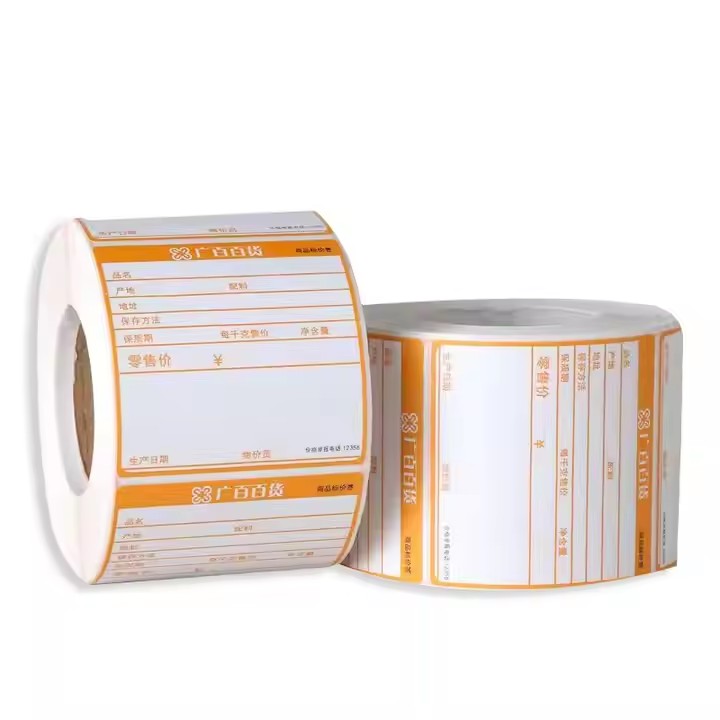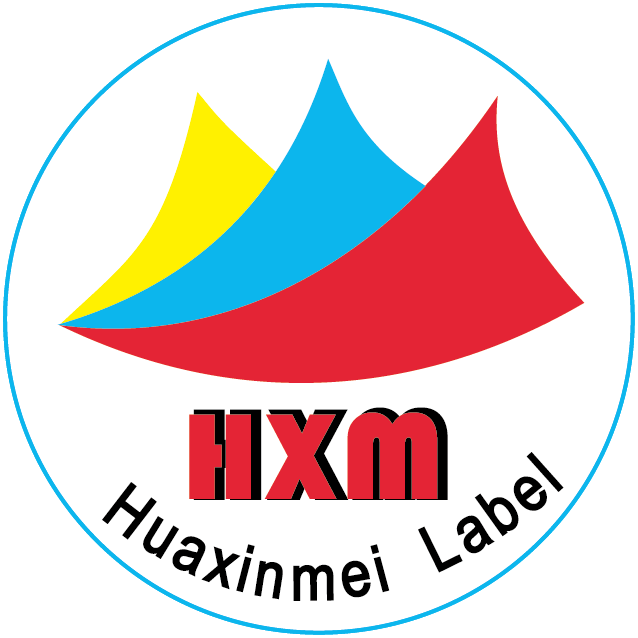Order Evaluation and Communication Stage
Quickly evaluate order details
Arrange dedicated personnel to carefully study the order content immediately, including key information such as the size, shape, material requirements, printed content (such as text, patterns, colors, barcodes, etc.), quantity, and delivery time of the labels. For example, if it is a food label, special attention should be paid to whether there is mandatory labeling content related to food safety, such as the nutrition facts table, production date, etc.
For complex label designs, such as those containing multi-layer nested patterns or special anti-counterfeiting marks, it is necessary to evaluate whether the factory’s own production capacity can meet these special requirements. For orders based on customer needs, estimate and judge how many days it will take to complete the order tasks. Pay attention to the details in production. For example, when producing orders that require environmentally friendly materials, for special orders, it is necessary to think carefully about how to obtain more cost-effective materials.

Communicate and confirm with the customer
Get in touch with the customer immediately to ensure that there is no misunderstanding of the order details. The communication methods can be telephone, email, or online instant messaging tools. During the communication, clarify the customer’s specific expectations regarding the urgency, for example, whether there is an absolute delivery date that cannot be changed or whether it can be flexibly adjusted within a certain range. Keep following up and communicating with the customer in a timely manner. During the production process, if there are any matters related to the labels, consult the customer in time about their requirements regarding label details.
If it is found that some requirements in the order may not be achievable, such as when the customer requires the production of a large number of high-precision labels with special processes (such as laser anti-counterfeiting) within a very short time, and the factory’s current equipment and personnel cannot meet these requirements, communicate honestly with the customer and provide alternative solutions, such as adjusting the label production process or delivering in batches.

Production Plan Adjustment Stage
Prioritize the allocation of production resources
Suspend or postpone the production tasks of non-urgent orders and prioritize the allocation of production equipment (such as printing presses, die-cutting machines, etc.), raw materials (paper, ink, self-adhesive materials, etc.), and human resources (printing workers, quality inspection personnel, etc.) to urgent orders. For example, if a factory has two printing presses and usually distributes tasks evenly, both machines can be used for the printing work of urgent label orders at this time.
For key equipment, arrange technicians to conduct inspections and maintenance in advance to ensure that there will be no breakdowns during the production process that could delay the time. If necessary, arrange for equipment suppliers to provide emergency maintenance services or backup equipment support.

Raw Material Procurement and Preparation
Inventory check and utilization
Immediately check the inventory of raw materials in the warehouse to see if there are materials that meet the order requirements. If there are, give priority to using the inventory materials while ensuring that the quality and quantity of the materials can meet the production needs of the order. For example, check whether there is enough paper or self-adhesive materials that meet the label material requirements and whether the corresponding ink colors are complete.
In the case of insufficient inventory, evaluate whether similar materials can be used as substitutes. If substitutes are available, it is necessary to communicate with the customer to confirm whether they are acceptable. For example, if the customer requires a certain brand of paper, but there is none in stock, and the factory has another paper with similar performance, it is necessary to explain the situation to the customer and obtain their consent.
Activate emergency procurement channels
If the inventory materials cannot meet the order requirements and there are no suitable substitutes, immediately start the emergency procurement process. Contact long-term cooperative suppliers and inform them of the urgency of the order to see if they can quickly provide the required materials. At the same time, look for other reliable backup suppliers to broaden the procurement channels.
For some key materials that are difficult to obtain quickly, consider picking them up from suppliers in the surrounding areas or even arranging dedicated personnel and vehicles to pick them up to shorten the procurement time. For example, for a special anti-counterfeiting ink, if local suppliers cannot provide it in time, you can search for suppliers in neighboring cities and arrange vehicle transportation.

Production Process Monitoring and Quality Assurance
Monitor the production progress in real time
During the production process, arrange production supervisors or project managers to follow up throughout the whole process and check whether the production progress meets the schedule at regular intervals (such as every hour). Through on-site inspections in the workshop, production data statistics, and other methods, promptly identify problems in the production process, such as slow printing speed and insufficient die-cutting accuracy.
Use production management software or electronic kanban systems to update the production progress information in real time so that all relevant personnel (including production workers, quality inspection personnel, packaging personnel, etc.) can clearly understand the completion status of the order and better coordinate their work.

Strict quality control
Although it is an urgent order, quality cannot be compromised. Set up quality inspection points in each production link and conduct strict inspections on aspects such as printing quality (such as pattern clarity, color accuracy), dimensional accuracy, and material performance. For example, after printing, check whether the text on the label is clearly readable and whether the color is consistent with the design draft. After die-cutting, check whether the size of the label meets the requirements.
If quality problems are found, immediately stop the production of this link and take corrective measures. Mark the unqualified labels and store them separately to avoid mixing them with qualified products.



